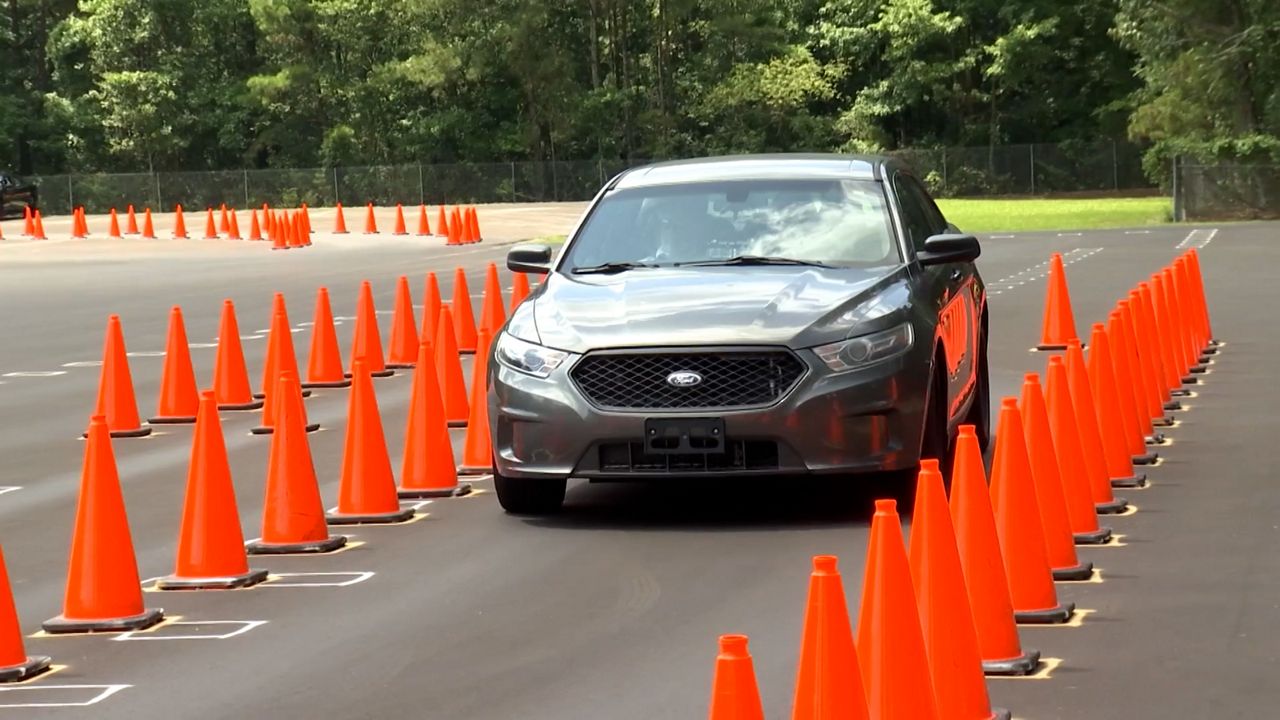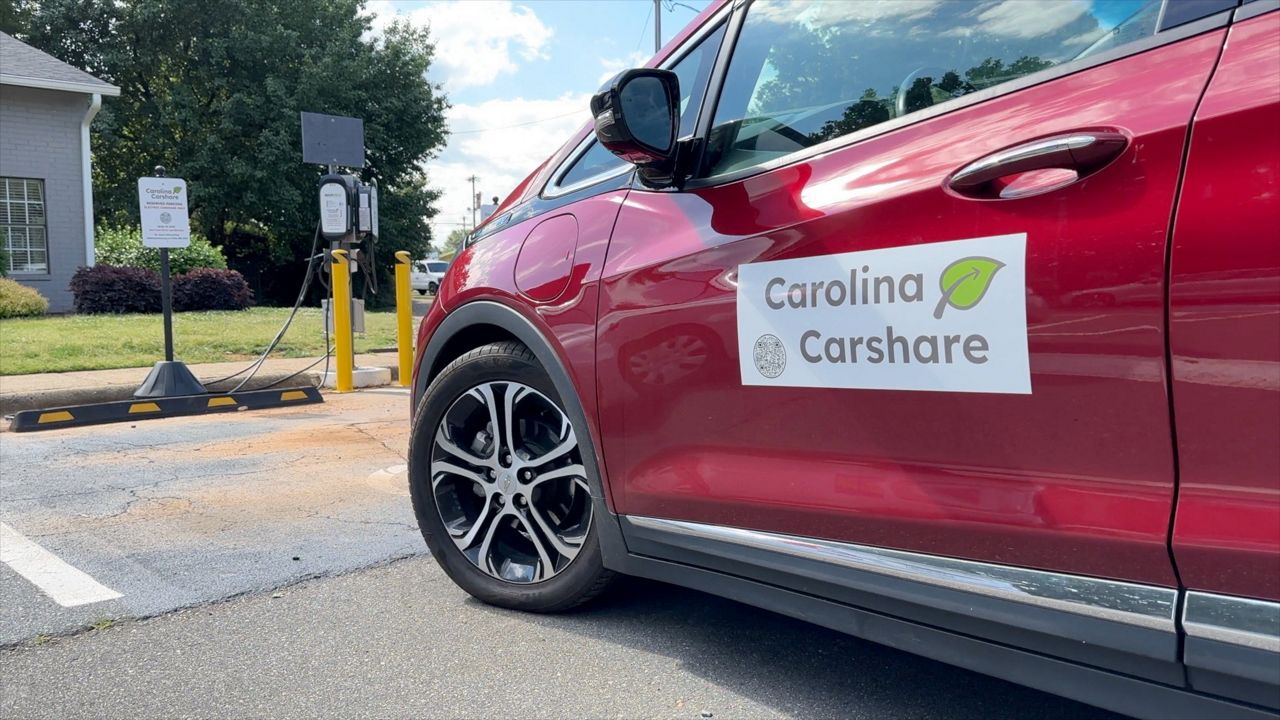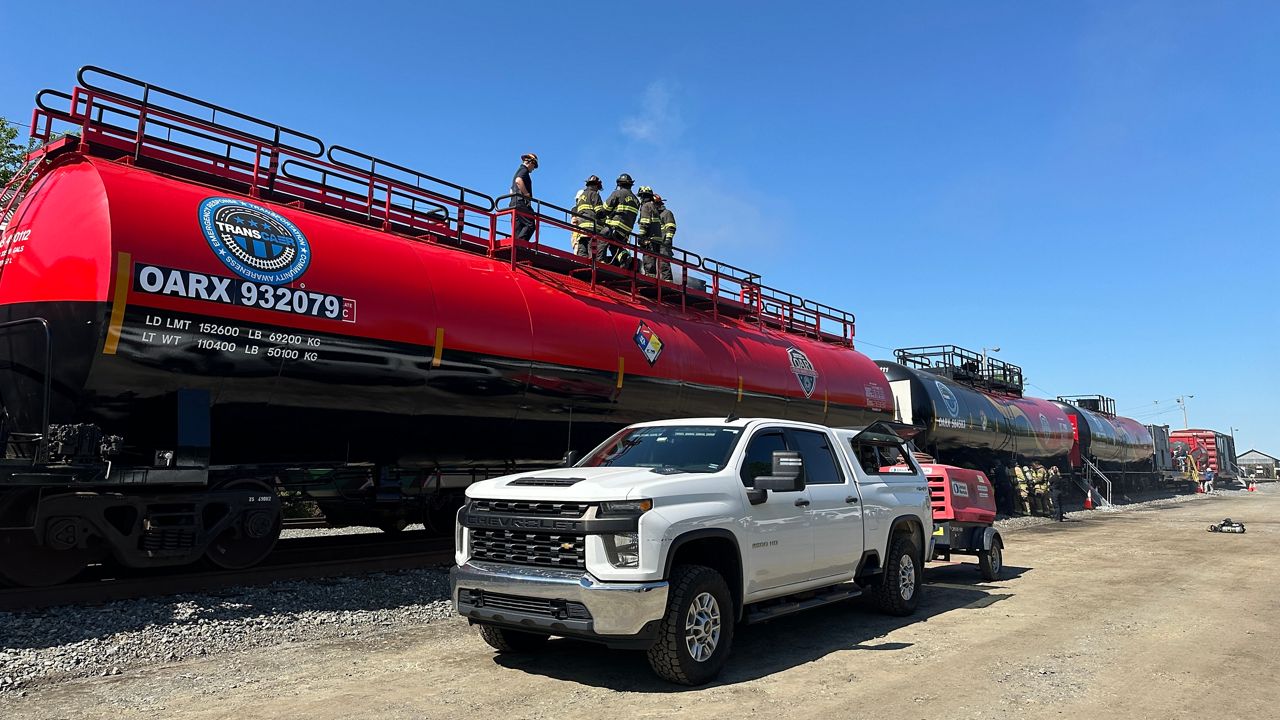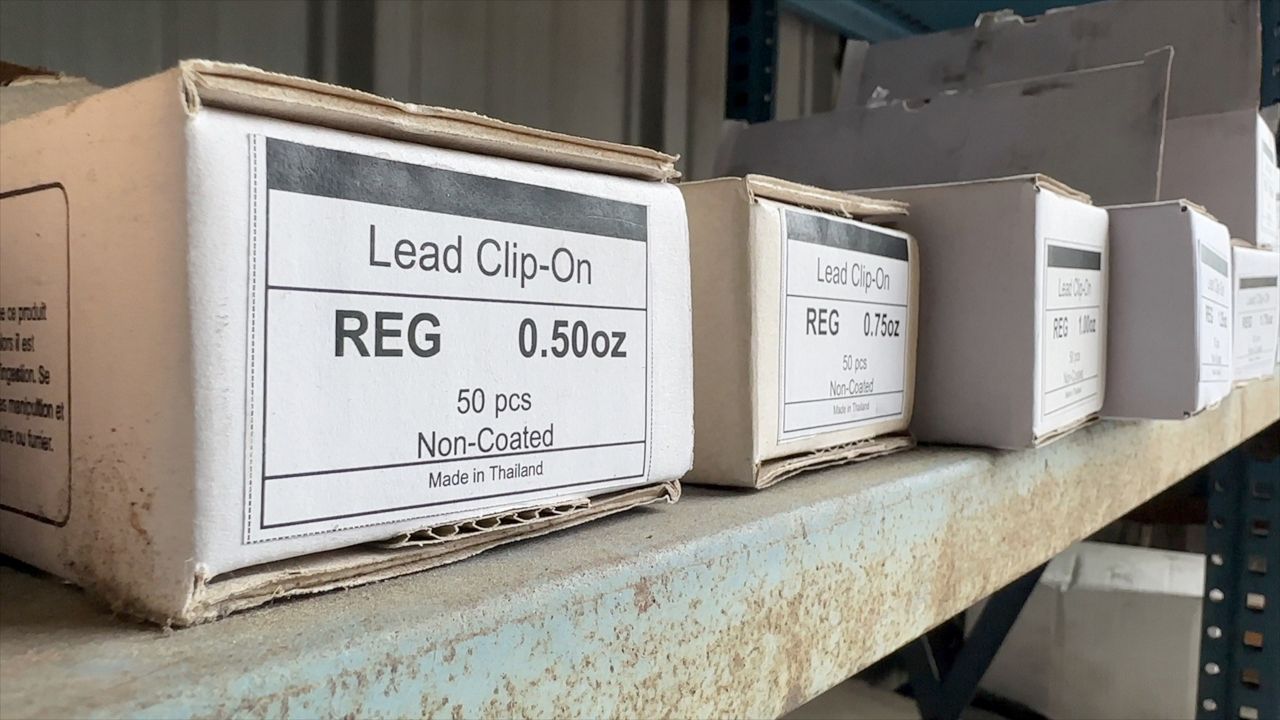DAVIDSON, N.C. — North Carolina’s population is growing and as it does, several cities across our state are evolving their public transit systems.
Raleigh is developing a bus rapid transit service. That service involves running larger buses in dedicated lanes that often have priority at traffic lights. The city has also been exploring a possible commuter rail system that would connect Durham to Clayton in Johnston County.
Meanwhile, Greensboro is looking to expand its bus services with the goal of becoming car optional by 2045.
And, in September, city leaders in Charlotte took a major step toward building a regional commuter rail line that would connect uptown to the northern suburbs near Lake Norman.
Michael Fournier is the co-owner of Knotty and Board Interiors in Davidson.
“I left my corporate sales job and opened a furniture store [with my wife], and then the décor came along with it, now that’s the fun part,” Fournier said.
Knotty and Board Interiors is nestled inside an early 1900s Victorian style home that’s along main street in downtown Davidson. Fournier’s business has been helped by the town’s charm and walkability, and most recently, new social district.
The shop may see another boost in foot traffic, however, if a new commuter line passes through town.
Charlotte City Council voted to approve a $91 million deal to purchase railroad tracks from Norfolk Southern. The tracks will be used to develop the Red Line.
Once completed, the Red Line would connect the city to towns near Lake Norman, including a stop just down the road from Fournier’s store.
“Having customers come in from outside this area, visit Davidson, to visit the shops that are here, and potentially become new customers,” Fournier said, “and possibly new employees for Knotty and Board… I think that’s fantastic.”
Fournier believes commuter rail helps boost the local economy by pointing to the growth seen along Charlotte’s existing Blue Line.
The Red Line project has been delayed for over a decade. Mostly because of the railroad company’s initial reluctance to sell its tracks. But, with the recent purchase, Fournier is now hopeful it’ll finally become reality.
“I am confident because I think the community wants it done, the leadership wants it done and now that we’ve overcome the issue of ownership, which I think was the big hurdle,” Fournier explains, “now it’s just funding and execution, and if Charlotte can do anything, they can fund and execute.”
To fund the Red Line project, city leaders in Charlotte also approved a resolution supporting a one-cent sales tax increase.
The plan is to put this proposal before the North Carolina General Assembly to authorize putting it on the ballot for Mecklenburg County voters in Nov. 2025.












